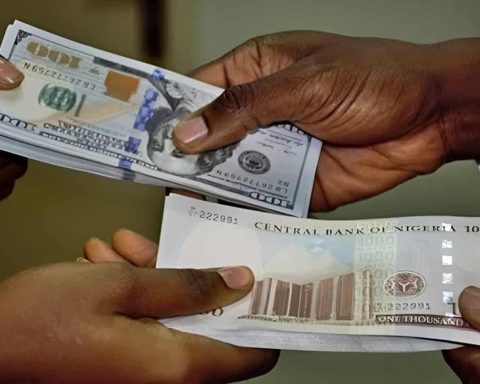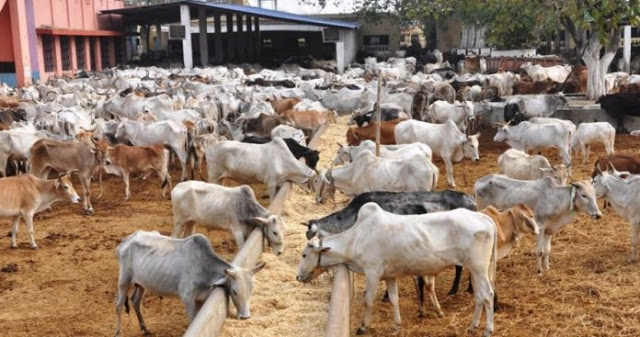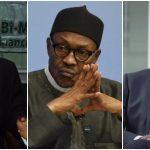Nigeria’s external reserves lost $180m in two weeks, the latest figures from the Central Bank of Nigeria indicates.
The figure which stood at $33.28bn on July 1, has dropped to $33.09bn as at July 12 before a slight rise to $33.1 bn on July 15th.
Join our WhatsApp ChannelAccording to CBN, at the end of April, the reserves was about $34.88bn, and in May 31, It reduced to $34.23.
About $905.5m was lost in June after it fell from $34.23bn to $33.32bn.
A member of the Monetary Policy Committee, Adeola Adenikinju, said at the las meeting, that the country being excessively dependent on oil for revenue and foreign exchange was no longer sustainable in the medium and long term.
He said, “we need to diversify the economic revenue base of the economy, to reduce our exposure to external shocks as well as prepare the economy for global shift from fossil fuel to green economy.
“It should not be business as usual for our economic managers. The economy also needs a strong buffer to mitigate external volatility”.
Another member of the Monetary Policy Committee, Ahmed Aliyu, said beyond the decline in oil price, there is a growing paradigm shift from oil to a green economy which poses a threat to oil demand in the future.
At the end of the meeting, CBN report of the Monetary Policy Committee showed that the commerce of fossil fuels was set to decline from the present 85% of the total primary energy demand in 2018 to 20-65% by 2050.
Crude oil demand was forecast to decline, following the evolution of electric, hydrogen and biofuel supply for transport.
The CBN strongly advised that the Nigerian Economy be diversified.
Meanwhile, former CEO of Seplat Petroleum, Austin Avuru, believes that there is no need to press the panic button on the issue of energy transition which appears to have left the country in the abyss of fossil dilemma.
Prime Business Africa reported that Avuru had during the Episode 24 of the National History Series (NHS) organised by the Centre for Values in Leadership (CVL), allayed fears entertained by Nigerians that energy transition might result in the collapse of Nigeria’s oil-dependent economy.
“In the most aggressive transition to sustainable energy away from fossil fuel by 2050 oil and gas will be contributing 35% to the energy mix in the most aggressive, which we call the next zero situation, that is if by 2050 carbon footprint is zero. That’s the most aggressive, and oil and gas will still be accounting for about 35% of the energy mix. In a likely situation where carbon footprint will be reduced by 70%, oil and gas will still be in the 50% range,” Avuru said.
“Remember that fossil fuel as we speak today accounts for 81% of the energy mix in spite of all the noise, and I am bringing this into the global perspective so that we understand that by 2050 oil and gas is not going away,” he added.
















